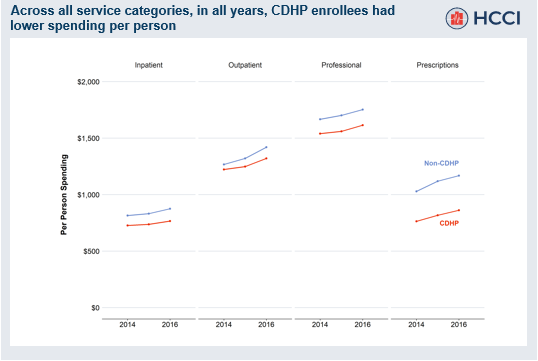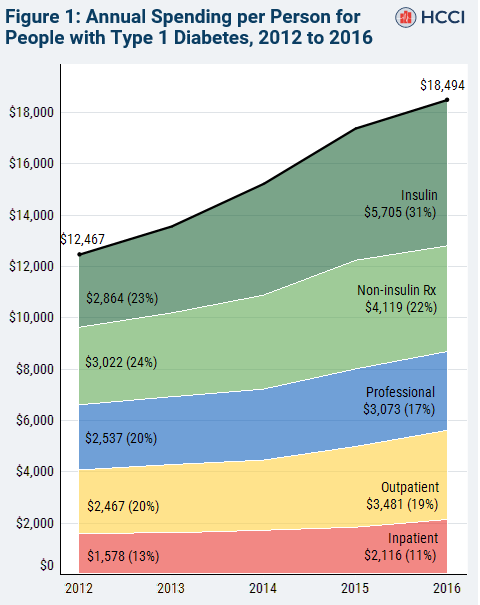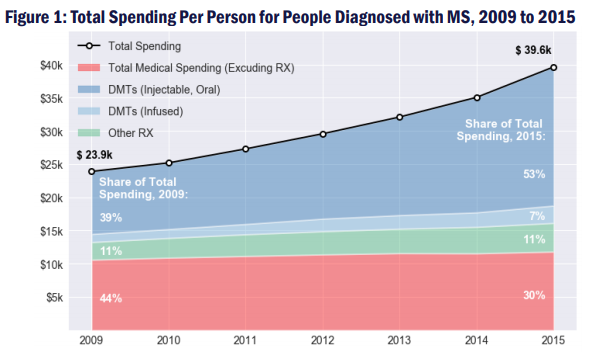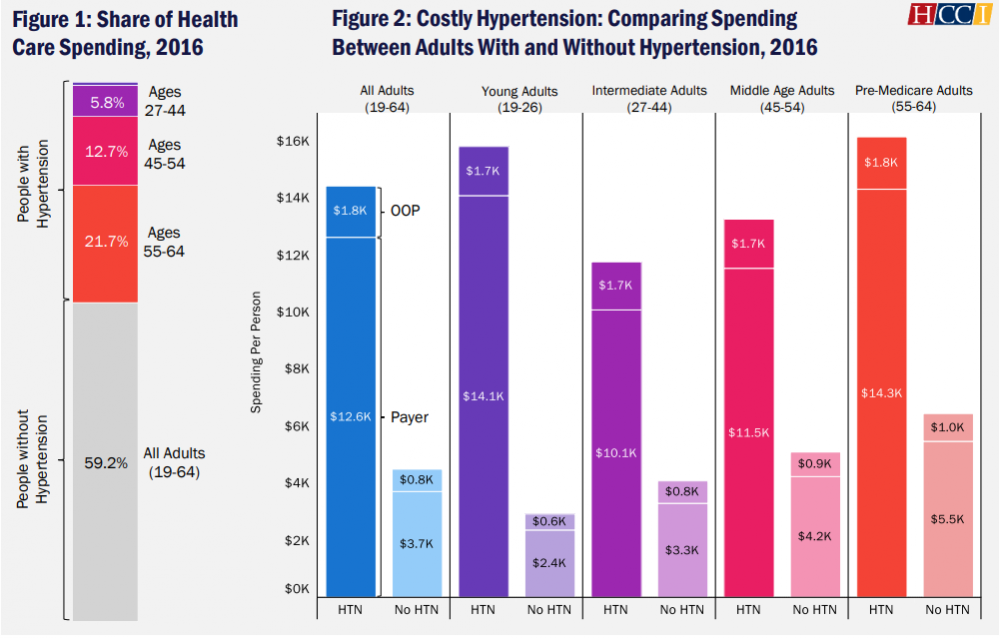Chronic Conditions
-
Lower Health Care Spending and Use for People with Chronic Conditions in Consumer-Directed Health Plans
Read more: Lower Health Care Spending and Use for People with Chronic Conditions in Consumer-Directed Health PlansTo better understand differences in spending and use across types of health plans, we examine individuals enrolled in consumer-directed health plans (CDHPs) and individuals enrolled in non-CDHP health plans. CDHPs are a type of HDHP that typically include a health savings account (HSA) or a health reimbursement arrangement (HRA). We analyzed a sample of over…
-
Spending on Individuals with Type 1 Diabetes and the Role of Rapidly Increasing Insulin Prices
Read more: Spending on Individuals with Type 1 Diabetes and the Role of Rapidly Increasing Insulin PricesWe used health care claims data to investigate trends in total health care spending on individuals with type 1 diabetes between 2012 and 2016. We found a rapid increase in total health care spending, driven primarily by gross spending on insulin that doubled over the period. During that time insulin use rose only modestly. While…
-
The Rising Cost of Specialty Drugs Drove Spending Increases for People with Multiple Sclerosis
Read more: The Rising Cost of Specialty Drugs Drove Spending Increases for People with Multiple SclerosisThis issue brief investigates how the cost of prescription drugs affects the total cost of care for people with multiple sclerosis (MS). It decomposes total health care spending by category, specifically separating out spending on specialty drugs used to treat MS, called Disease Modifying Therapies (DMTs). The issue brief subsequently examines whether changes in spending…
-
Under Pressure – Adults with Hypertension are Spending Increasingly More on Health Care
Read more: Under Pressure – Adults with Hypertension are Spending Increasingly More on Health CareThis issue brief compares trends in health care spending from 2012 to 2016 for adults with employer-sponsored insurance who were diagnosed with hypertension to those not diagnosed with hypertension. It also considers how changes in prescription drug spending compare to changes in prescription drug use for adults with a hypertension diagnosis.
-
Medicare Advantage Health Care Utilization – Hospital Readmissions
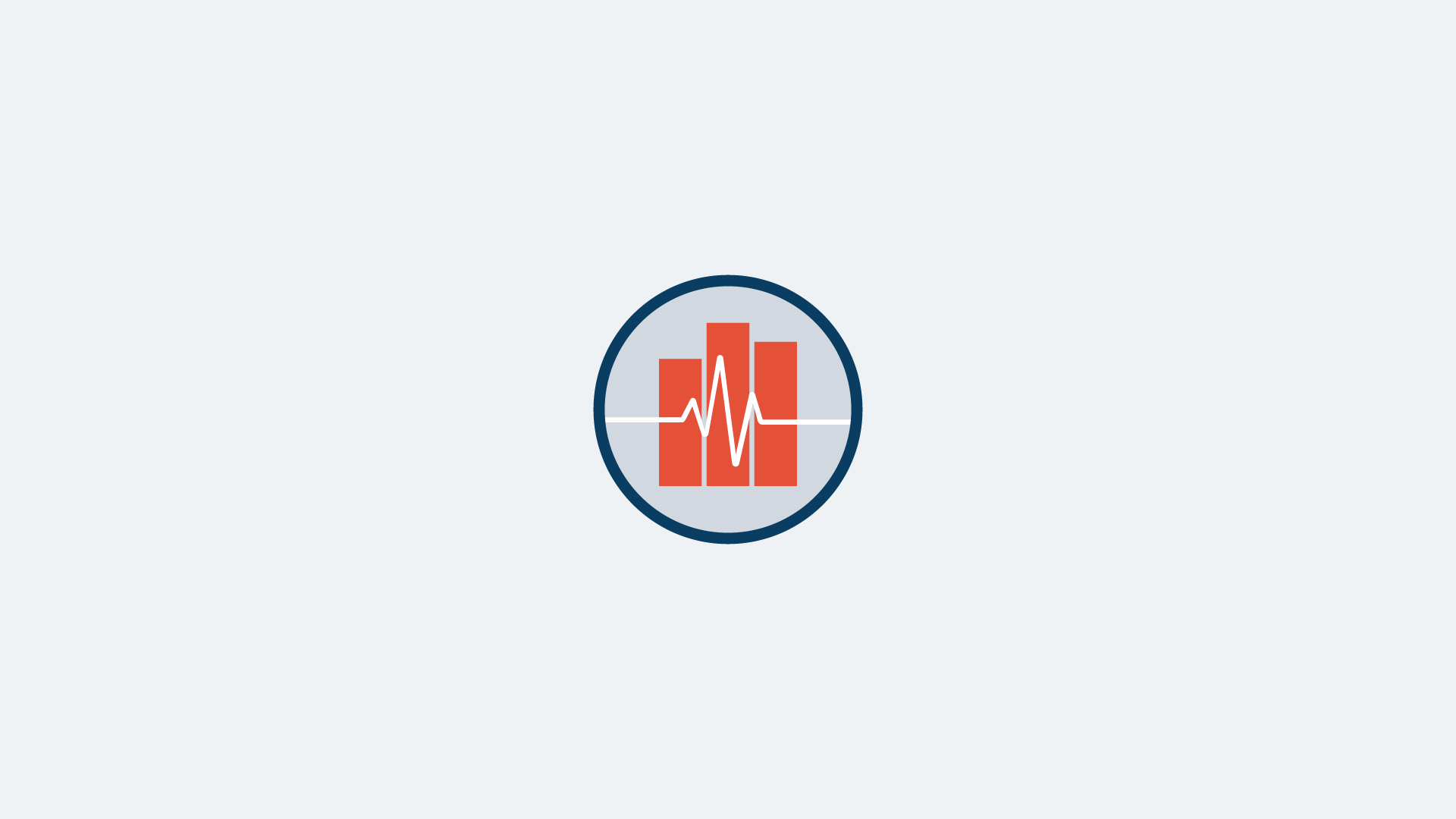 Read more: Medicare Advantage Health Care Utilization – Hospital Readmissions
Read more: Medicare Advantage Health Care Utilization – Hospital ReadmissionsThis data brief, reports on five readmission rate measures for the Medicare Advantage (MA) population: 30-day all-cause hospital-wide readmissions and 30-day all-cause readmissions following acute myocardial infarction (AMI), heart failure, chronic obstructive pulmonary disease (COPD), and pneumonia. The results show that MA readmission rates have been declining over the past five years.
-
The Price-Quality Paradox in Health Care
 Read more: The Price-Quality Paradox in Health Care
Read more: The Price-Quality Paradox in Health CareThis data brief compares average state-level prices against quality measures for asthma, diabetes and hypertension care and finds that higher prices for medical services are not always indicative of higher quality of care.

